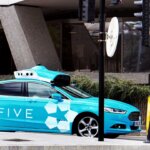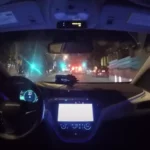Tesla hits the brakes, recalling over 2 million cars due to autopilot misuse
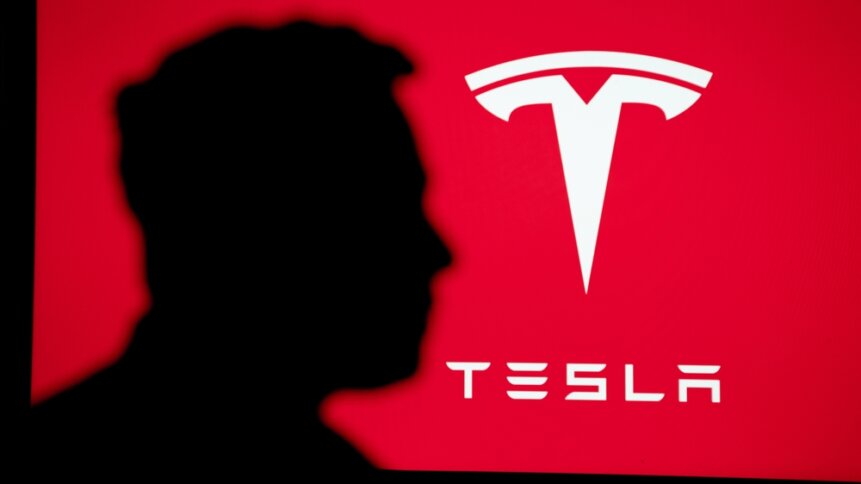
• Tesla recalls millions of cars over autopilot issue.
• NHTSA investigation discovers issue after almost 1,000 crashes.
• Musk defended its autopilot system despite the recall.
Tesla has recalled over 2 million cars after a National Highway Traffic Safety Administration (NHTSA) investigation found the autopilot system can be and is being misused by drivers.
This is the second recall of Tesla’s automated driving features this year, following almost 1,000 crashes – some of which have resulted in fatalities. Perhaps peculiarly then, it took an external investigation to prompt the recall.
The two-year investigation remains open as regulators monitor the effectiveness of Tesla’s solutions.
While “automated technology holds great promise for improving safety,” it must be “deployed responsibly,” said an NHTSA spokesperson. The mass recall, the most significant in Tesla’s history so far, is a response that aims to to improve automated systems and prioritize safety.
Practically every US Tesla made since 2012 is affected by this recall. Over the last 11 years, however, many cars, including Teslas, have been gaining updated features that automate various driver tasks, including automatic emergency braking, and cruise control. The end goal for many car manufacturers is to produce fully self-driving cars, but this has proved to be more challenging than was initially hoped, with a range of issues arising that are yet to be resolved.
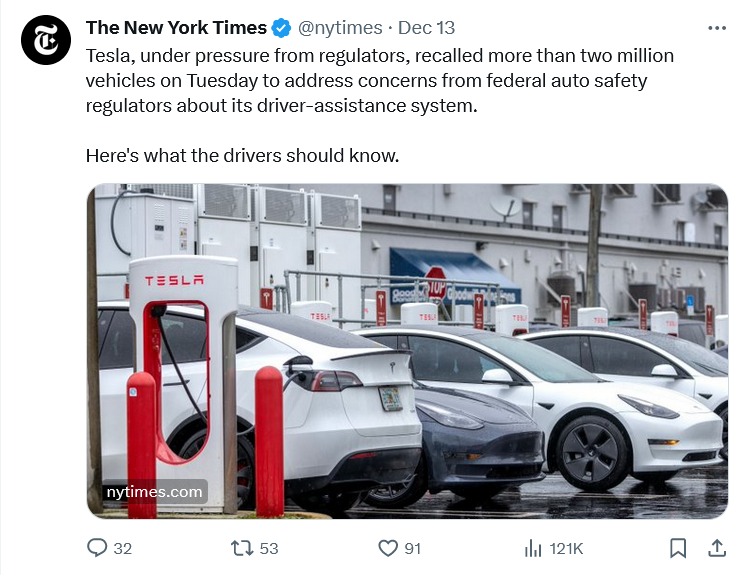
Despite almost 1,000 crashes, it took an external investigation to get Tesla to recall its cars.
The latest problem is Tesla’s Autosteer feature, part of Tesla’s basic autopilot package, that falls short of being completely autonomous.
Models affected by the recall
According to the NHTSA, the recall affects the following autopilot Tesla models:
- 2012-2023 Model S vehicles
- 2016-2023 Model X vehicles
- 2017-2023 Model 3 vehicles
- 2020-2023 Model Y vehicles
That’s right – almost all Tesla models sold in the US are affected. If you’re unsure whether your car is affected, input your vehicle ID number on the NHTSA recall page or via the Tesla website.
The reason behind the recall
According to an NHTSA statement, there are certain scenarios where the Autosteer controls may not prevent drivers from misusing the technology. “In certain circumstances when Autosteer is engaged, the prominence and scope of the feature’s controls may not be sufficient to prevent driver misuse of the SAE Level 2 advanced driver-assistance feature.”
In response to the inappropriate autopilot use in so broad a range of Tesla models, the recall aims to rectify the system and ensure drivers remain attentive when using autopilot. Yes, autopilot may sound like you can sit back, take a nap, and let the car do all your work, but this is not the case, any more than it is when you engage cruise control in other cars.
In essence, the name is part of the “cool” sheen necessary when selling factories full of new cars. The reality is that the driver must pay attention at all times, with their hands on the steering wheel, and be prepared to act if Autosteer encounters a situation it can’t manage.
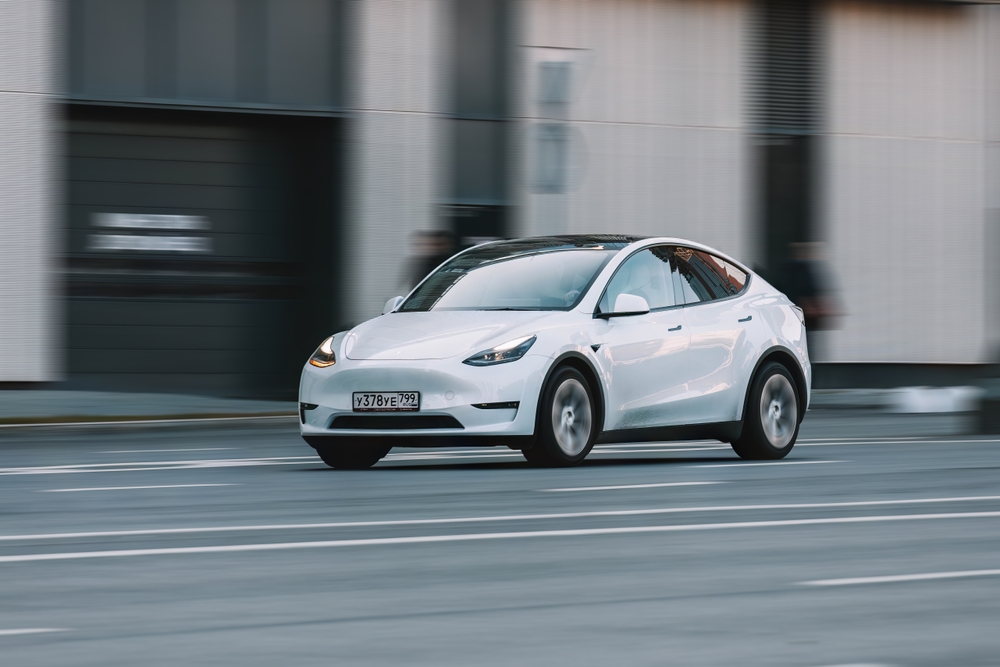
Yes, the name’s confusing, and it looks cool, but believe us, Tesla will TELL you when you can stop actively driving its vehicles.
Unfortunately, the NHTSA discovered that 956 crashes occurred when the autopilot feature was in use. Upon closer inspection though, investigators narrowed their focus to 322 accidents that were directly related to autopilot use in Tesla vehicles. Such accidents are believed to be caused by drivers relying too heavily on the Autosteer system and united disengagements of it.
Tesla’s response
According to the recall notice, Tesla did not act in accordance with the NHTSA’s analysis. To combat this “malfunctioning” autopilot system, Tesla is releasing a free software update for the models mentioned above (all those equipped with versions of Autosteer).
Although the Autosteer feature has a unique design, the NHTSA investigation found that the “system can provide inadequate driver engagement and usage controls that can lead to foreseeable misuse of the system.”
This latest update will limit certain parts that are operated by the basic versions of Autosteer. Tesla is also working to improve warnings and alerts for drivers. This update doesn’t mean Teslas will become fully autonomous, though. Drivers will still need to pay attention. The update aims to make it harder for drivers to ignore warning signs when Autosteer is in use, or canceled and requiring human intervention.
Tesla’s enhancements will include additional alerts and controls, a simplification of the process of activating and deactivating Autosteer, making all visual alerts more noticeable, and potentially pausing the use of this feature under certain circumstances, such as when a “driver repeatedly fails to demonstrate continuous and sustained driving responsibility while the feature is engaged.”
In other words, the car’s systems will assess how you use them, and refuse to speak to you unless you do what they want you to.
Yes – four decades after Knight Rider made it seem like fun, the world has a car that can sulk.
Tesla owners should receive a letter in the mail explaining this recall, but these are not expected until at least February 10th, 2024.
Autopilot issues are nothing new for Tesla. In February this year, over 360,000 Tesla cars were recalled over worries about the potential for its full self-driving software to prompt vehicles to behave in an unsafe manner, especially around intersections.
Tesla has issued a statement on X, owned by Tesla CEO Elon Musk. In the statement, Tesla defended its autopilot system, pointing to statistics that suggest Autosteer results in fewer crashes when engaged. “Safety metrics are emphatically stronger when Autopilot is engaged than when not engaged.”
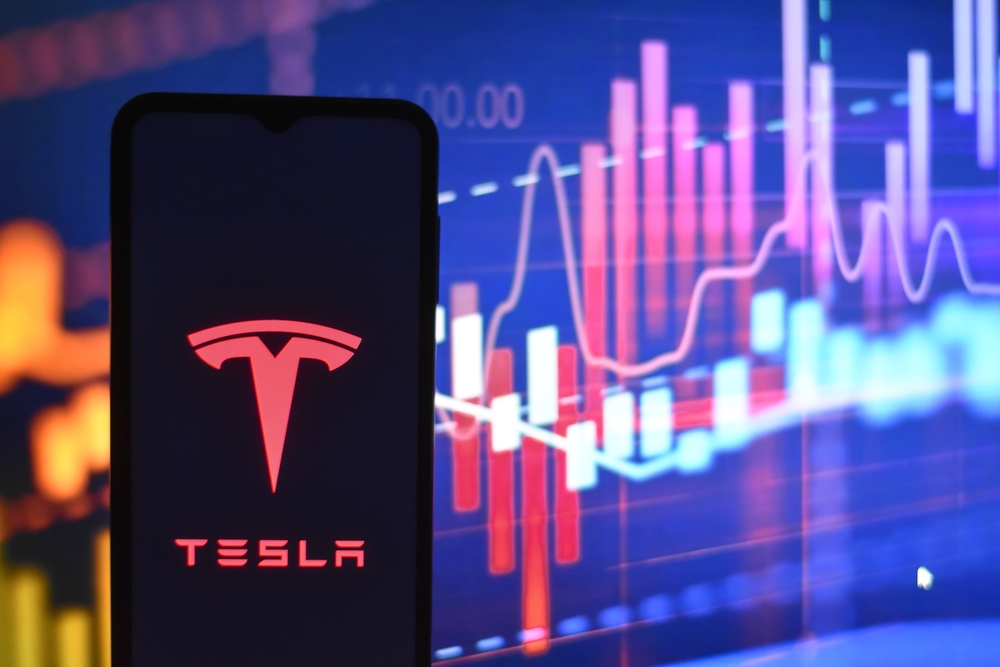
Tesla’s stock took a significantly smaller knock than some of its cars after news of the recall broke.
According to Tesla, in the fourth quarter of 2022, the recorded crash rate was just one for every 4.85 million miles driven. In contrast, without using Autopilot, the crash rate was reported to be one crash for every 1.40 million miles driven.
This latest recall is already showing its effects, with share prices dropping slightly, but enthusiasm for Teslas is unlikely to come to a skidding halt just yet. After all, Tesla remains at the cutting edge of self-driving technology, and will continue to be a key player in future autonomous vehicle production.







